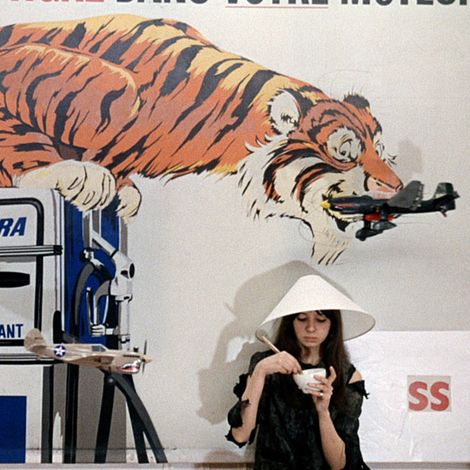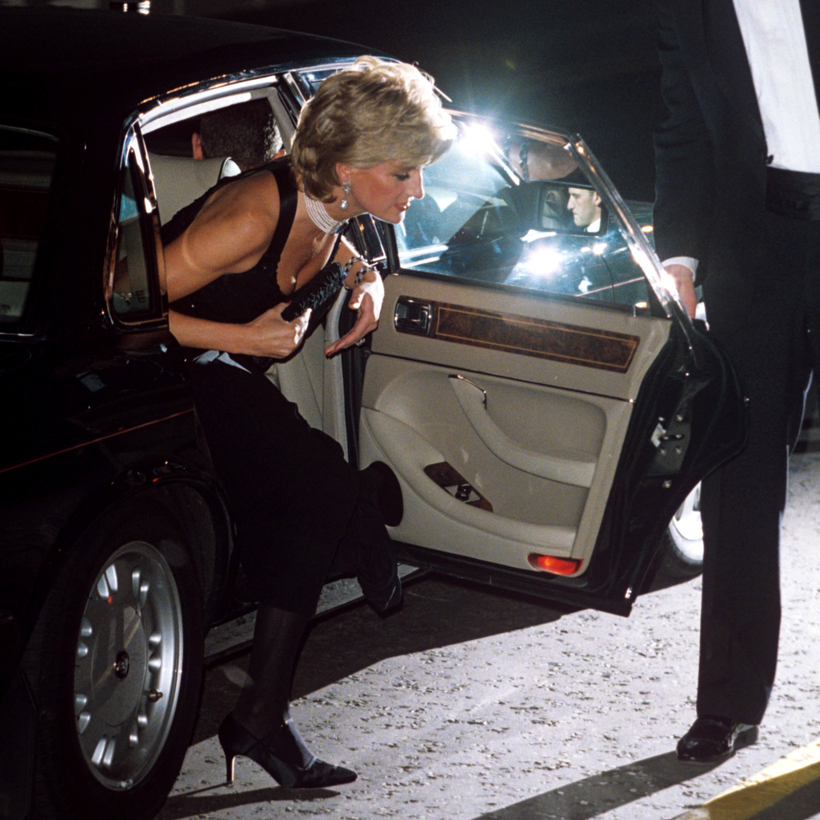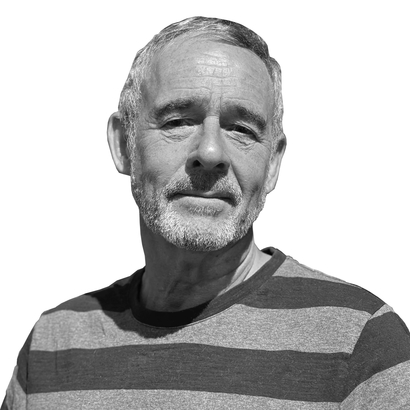Although they are 6,000 miles apart, 12 hours by plane, there is no time difference at all between France and South Africa. Because it is due directly south, Cape Town is in lockstep with Paris. And so when Charles Spencer, the younger brother of Princess Diana, then based at Tarrystone, his estate in the Cape Town suburb of Constantia, received the first phone call on Sunday, August 31, 1997, it was also the small hours of the morning in the French capital.
In one of our several conversations over the past year, Spencer recalled: “I was alone in my house with my four children and I had a call in the middle of the night. First it was: ‘She’s had an accident and might have broken her leg or something.’ Then I got more calls. And it escalated, and escalated.”

“Then I was on the telephone to my sister Jane, whose husband Robert was the Queen’s private secretary. And he was on another line in the same room. I could hear him. And then he went, ‘Oh no!’ I heard him go, ‘Oh no.’ And Jane went, ‘That’s it. She’s dead.’”
As the sun came up, Spencer was in a state of shock, hoping against all hope it was just a nightmare. But the bad thing refused to flee. He had to accept it was real. “My kids came through for breakfast and I said, ‘I’m afraid I’ve got awful news. I’m afraid Diana has been killed.’ And then one of my little girls, Eliza, just looked at me and she smiled and said, ‘Not in real life, Daddy?’ And I said, ‘Yeah, I’m afraid it is.’”
My book, Dianarama: Deception, Entrapment, Cover-Up: The Betrayal of Princess Diana, is the fruit of 20 years of research into the cruel manipulation of Diana that culminated in her explosive 1995 BBC Panorama interview.
She was persuaded to sit for the TV interview following a campaign by journalist Martin Bashir involving forged documents and outrageous suggestions that her husband, Prince Charles (now King Charles III), was planning her murder. The plot sounds utterly bizarre, but it succeeded. And it did so largely because Bashir was able to destroy Diana’s trust in those who had thus far looked out for her safety—most of all her private secretary, Patrick Jephson, whom the journalist claimed was in league against her with Richard Aylard, Charles’s private secretary.

The link between the deception of his sister and her fatal car crash in Paris is something which Charles Spencer has considered at length. Bashir’s guilt is plain, but what of his bosses, those senior BBC executives who might have stepped in as soon as they discovered that Bashir was both a forger and a liar?
BBC managers knew as early as 1996 that Bashir was a fraudster, though they covered up his deceit sufficiently well enough for it to remain hidden until a formal inquiry in 2021 brought it to light. (The saga invites comparison with the very recent BBC scandal over an edited version of Trump’s speech on January 6, 2021, which led Trump to threaten a lawsuit and the BBC’s chief executive, Tim Davie, to resign.)
Sitting with Charles Spencer in the grand library at Althorp, the Spencer family’s ancestral home, I asked him what he thought would have happened had the BBC executives come clean about Bashir’s dishonesty to Diana in 1996. He answered, “I think Diana would have restored her confidence in the right people around her, particularly Patrick Jephson, who by this stage was being treated very regrettably, but understandably, given what Diana had been told about him.”

He continued: “Diana could be quite tricky, mercurial, et cetera, because of the pressures on her. But Patrick was the quiet voice of reason. I think she’d have had a much more secure team around her as she progressed into that phase of her life.
“This interview’s direct result was to leave her exposed when she needed proper safety, with [Mohamed] Al-Fayed’s Mickey Mouse outfit of protection and drivers in place instead.” (Diana had begun dating the Harrod’s owner’s son, Dodi Fayed, in July of 1997, one month before the car crash that claimed both of their lives.) “So I think, unfortunately, in terms of consequences, they were lethal.”
Earlier this year, I put the same question to Patrick Jephson, the man who, having been falsely accused of spying on Diana, was forced to resign from her service—a life-shattering event.
He said to me, “It’s easy to see how the line from the Panorama interview leads pretty much straight to the night in Paris, where Princess Diana was in the hands of people who were unable to properly look after her. The way Diana met her death was a result of the fact that she was separated from the protection of the royal machine. And a large part of that separation can be traced to the Panorama interview.”

The interview was truly sensational. Diana admitted to having had an affair with her riding instructor, the cavalry officer James Hewitt. She also admitted there’d been an intimate relationship with art dealer Oliver Hoare. Perhaps the most memorable line came when Diana addressed Prince Charles’s relationship with the woman who is now Queen of England, Camilla Parker Bowles: “There were three of us in this marriage, so it was a bit crowded.”
Diana went on to question whether Charles was fit to become King, suggesting that William should take the throne instead. Taken together, it was explosive material—with the most dramatic of effects. After the program aired on November 20, 1995, Queen Elizabeth ordered the royal couple to divorce. The next (and last) 18 months of Diana’s life were a chaotic, troubled time.
Jephson ruefully agreed with Spencer’s judgment that he was the one person whose continued presence could have saved Diana. And he added, with a hint of an anger that had simmered for 28 years, “Somebody had got to her with lies about me. And it upsets me more than I can say. Quite possibly, the Princess died thinking that I had betrayed her.”
Diana’s family finds it impossible not to reflect that, had the BBC acted as they might have done, as they should have done, then Diana might very well be among us today. She would be 64 and a grandmother five times over, sharing joy with the little ones she was destined never to meet.
Andy Webb is a documentary filmmaker and a former reporter for BBC Television


